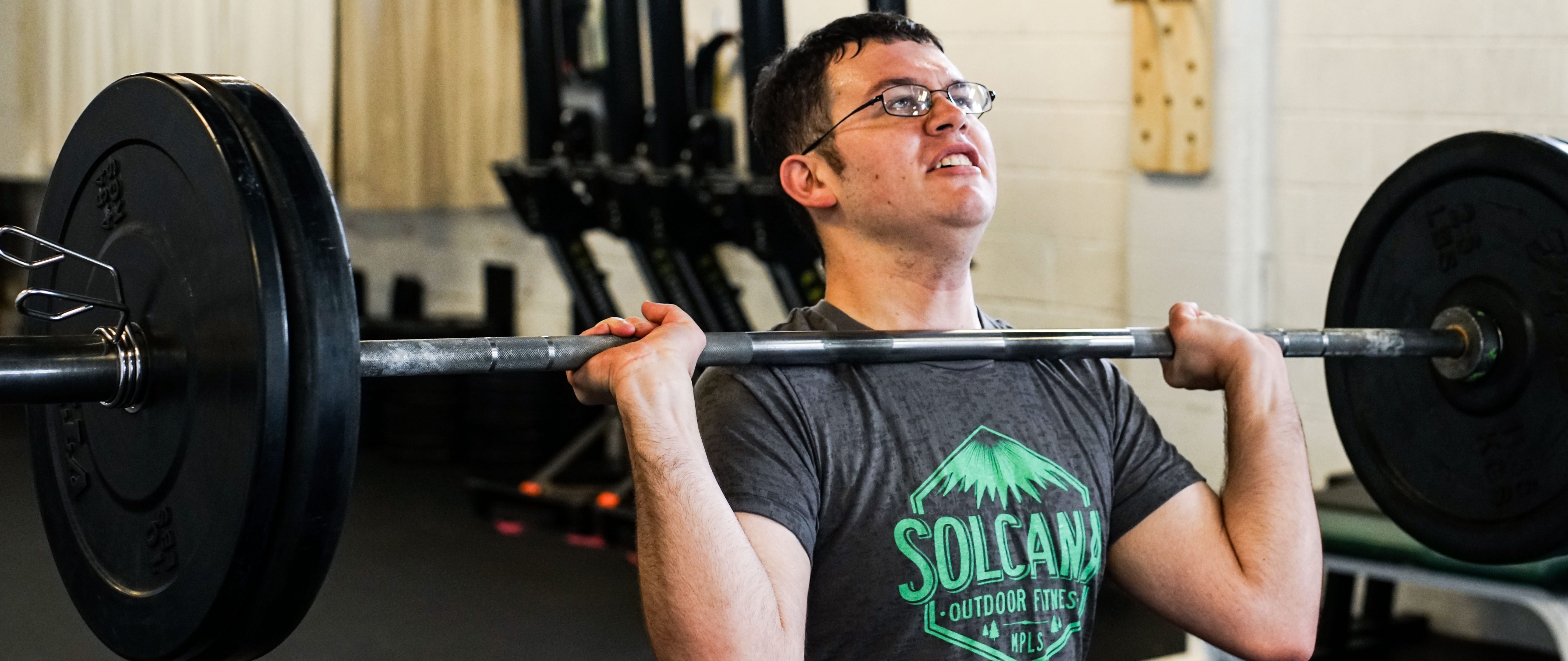 I make a lot of mistakes. Most of the time, I’ve misplaced something: my wallet at an airport, my phone in my refrigerator, my master’s thesis on the day of my defense. Some of these mistakes are trivial, like I can just borrow a pencil that day. Some are funny, like getting briefly stuck in a bathtub, and some are a little more dangerous, like driving in a rural Wisconsin blizzard with bald tires and no phone to call for help.
I make a lot of mistakes. Most of the time, I’ve misplaced something: my wallet at an airport, my phone in my refrigerator, my master’s thesis on the day of my defense. Some of these mistakes are trivial, like I can just borrow a pencil that day. Some are funny, like getting briefly stuck in a bathtub, and some are a little more dangerous, like driving in a rural Wisconsin blizzard with bald tires and no phone to call for help.
A lot of errors are easy to bounce back from. I’m an expert at retracing my steps. I stopped keeping my ID in my wallet long before I lost it, and I’ve met some pretty cool people who never hesitated to help a stranger. In time, I’ve come to appreciate the special type of luck that comes with falling on your feet at the right time.
In my job, as a musician, mistakes aren’t as forgiving. I started as a bassoonist – the orchestra’s clown – and steadily learned that to play well, you have to play right. The problem with playing right, is that it doesn’t seem to exist. For every mistake you conquer in the practice room, two more pop up. Sure, you got through the etude without slowing down or missing notes, but that F was too sharp, the crescendo too small, and that articulation in the middle wasn’t clean. Even with some of the most encouraging teachers I’ve ever met, the pressure to be perfect steadily became a pressure to stop performing. By my junior year of college, I chose composition as a major, so I could fix everything on the page. By the end of my master’s degree I refused to play anything I’d written, for fear of messing up my own work, and by the time I got to Solcana, I had stopped playing all-together.
 I got to Solcana on a risk. Over the summer after the first year of my PhD program, a friend sent out a message saying, “Who wants to do CrossFit with me in the fall?” I’ve never been an athlete. I never played sports in school, and gym class was that miserable hour before band that I knew I’d just have to get through. Anyway, I said, “sure” thinking that at the very least, I’d have a funny story about that time I tried to do some athletic feat and fell over into something, and at the best, I’d have some outlet for the stress that was a program where I was feeling “alright” about my work, but never good enough. We looked around for some places close to the university and settled on Solcana for our first try. After a couple of emails back and forth with Morgen, I set up a time to do the benchmark workout.
I got to Solcana on a risk. Over the summer after the first year of my PhD program, a friend sent out a message saying, “Who wants to do CrossFit with me in the fall?” I’ve never been an athlete. I never played sports in school, and gym class was that miserable hour before band that I knew I’d just have to get through. Anyway, I said, “sure” thinking that at the very least, I’d have a funny story about that time I tried to do some athletic feat and fell over into something, and at the best, I’d have some outlet for the stress that was a program where I was feeling “alright” about my work, but never good enough. We looked around for some places close to the university and settled on Solcana for our first try. After a couple of emails back and forth with Morgen, I set up a time to do the benchmark workout.
I went to my first meeting and it felt like a mistake. Even things that looked simple, were obnoxiously hard. Morgen cheered me on the whole way, but I couldn’t really hear her over the thoughts of “When did pushups get so hard?”, or “How far is a 500 meter row when nothing moves?” I felt like I was failing at the easy part. I can’t really remember why I still signed up. I think I thought to myself, “If you don’t do this now, you probably never will.” So between the mistake of giving up, and the mistake of trying and looking dumb, I chose the latter.
 The first month was terrible. The warm-ups before the actual class felt impossible. Running 200 meters left me winded. I could do a single burpee no problem, but by the third one, I’d just want to stay on the ground. Jerik showed us how to do a snatch and I thought, “That’s how I’m going to die.” The movements that everyone around me was doing so easily were the movements that I could barely do the substitutions for. I thought that after falling behind so many times, someone would say “Hey, it’s not working out” and the error would be over.
The first month was terrible. The warm-ups before the actual class felt impossible. Running 200 meters left me winded. I could do a single burpee no problem, but by the third one, I’d just want to stay on the ground. Jerik showed us how to do a snatch and I thought, “That’s how I’m going to die.” The movements that everyone around me was doing so easily were the movements that I could barely do the substitutions for. I thought that after falling behind so many times, someone would say “Hey, it’s not working out” and the error would be over.
Sticking around started with a headstand. I could do that. It, for whatever reason, just clicked. A few weeks after that, there was a rowing clinic that I signed up for which made another movement suddenly accomplishable. I spent a month just doing goblet squats with Jerik, and after that, the overhead squat was doable. And each step along the way, I realized that no one really cared if I couldn’t quite do the full metcon yet. If I failed doing a clean and dropped the bar, it didn’t matter past the fact that I wasn’t injured. If I missed a movement or lagged behind, everyone still cheered at the end. Mistakes didn’t mean “You have to get better.” They meant, “you get to try again.”
 A little while ago, I was practicing an old C.P.E. Bach flute sonata on my bassoon. It’s easy to hit every pitch, but you have to phrase every note just right to get it to make sense. I play it every so often for myself just to make sure I’m still in practice. A flautist noticed me playing it and I said, “So you heard what I did wrong then.” Her response was, “I heard what you did right too.” Solcana has taught me that every attempt is a success in itself. Every note worth playing, is a note worth missing. Mistakes happen, you might as well run with them.
A little while ago, I was practicing an old C.P.E. Bach flute sonata on my bassoon. It’s easy to hit every pitch, but you have to phrase every note just right to get it to make sense. I play it every so often for myself just to make sure I’m still in practice. A flautist noticed me playing it and I said, “So you heard what I did wrong then.” Her response was, “I heard what you did right too.” Solcana has taught me that every attempt is a success in itself. Every note worth playing, is a note worth missing. Mistakes happen, you might as well run with them.

